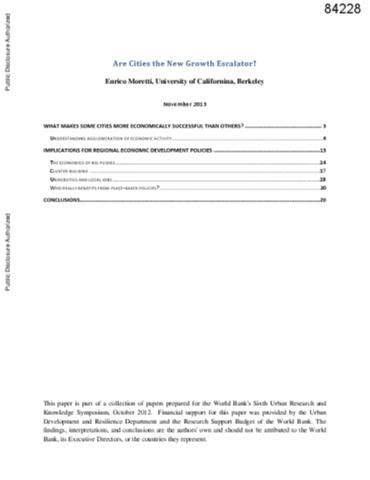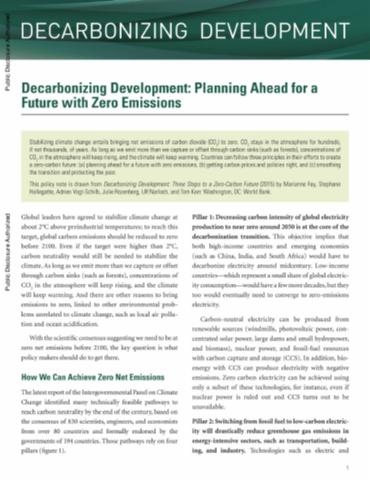Decision No. 73/2008/QD-TTg approving the master plan on socio-economic development of Dong Nai province up to 2020.
This Decision approves the master plan on the socio-economic development of Dong Nai province.The plan aims at developing Dong Nai into a province with a fast and sustainable economic growth and at improving the people’s material and spiritual life and rationally utilizing natural resources and the environment.The plan shall include: the development of agriculture, forestry and fishery; development of plant varieties; urban development; management of natural resources and environmental protection; and development of water supply infrastructures and wastewater drainage systems.



